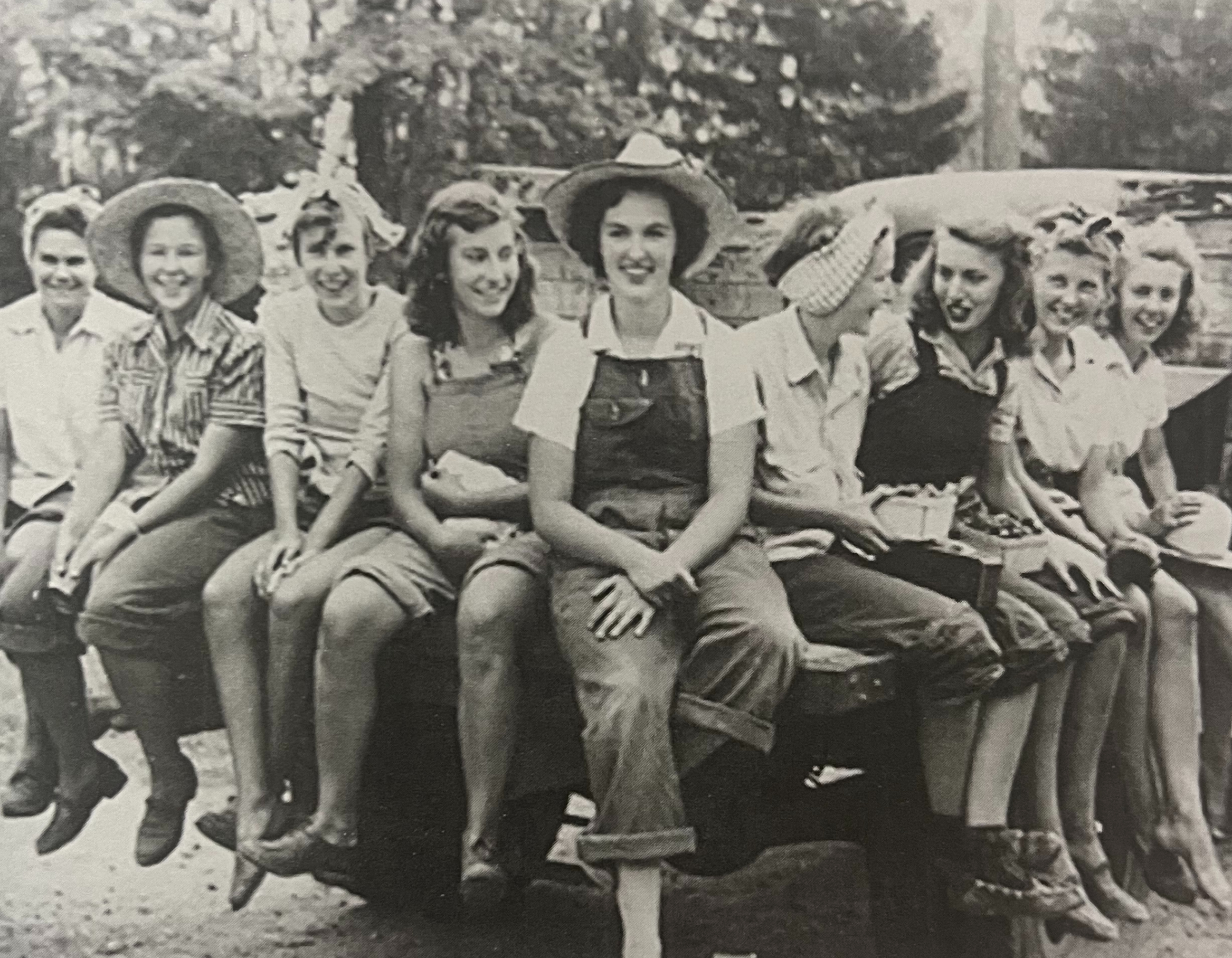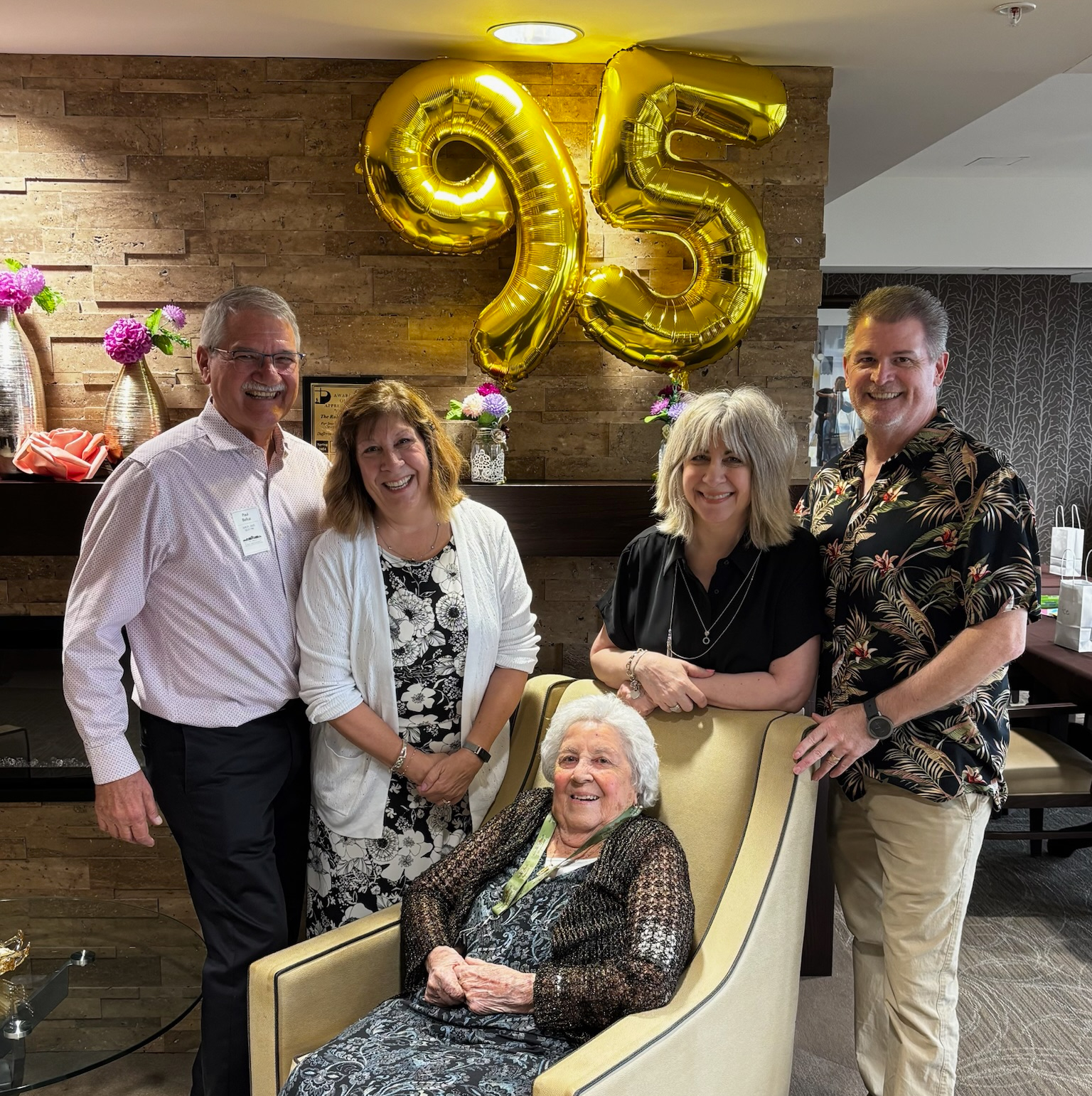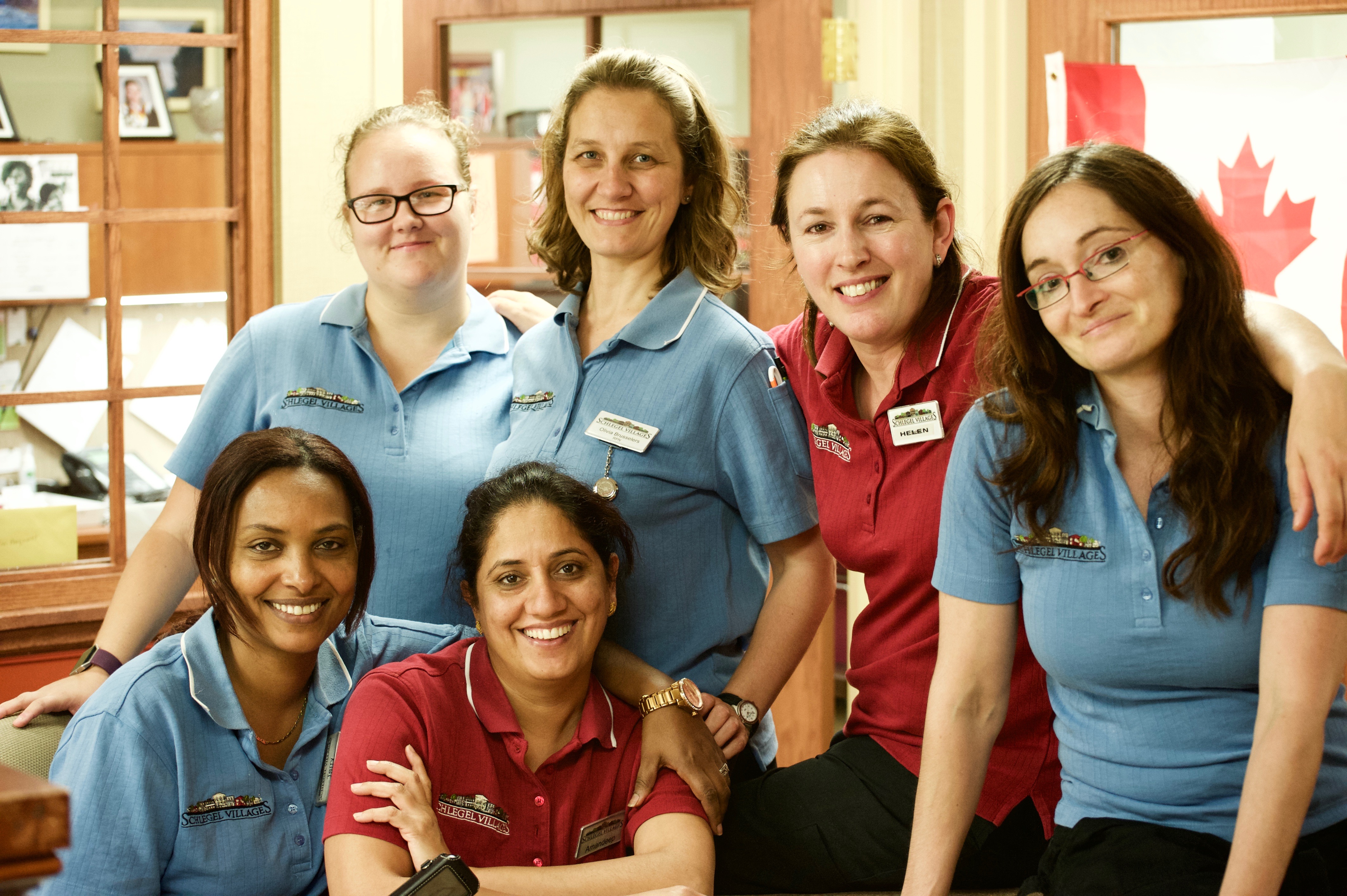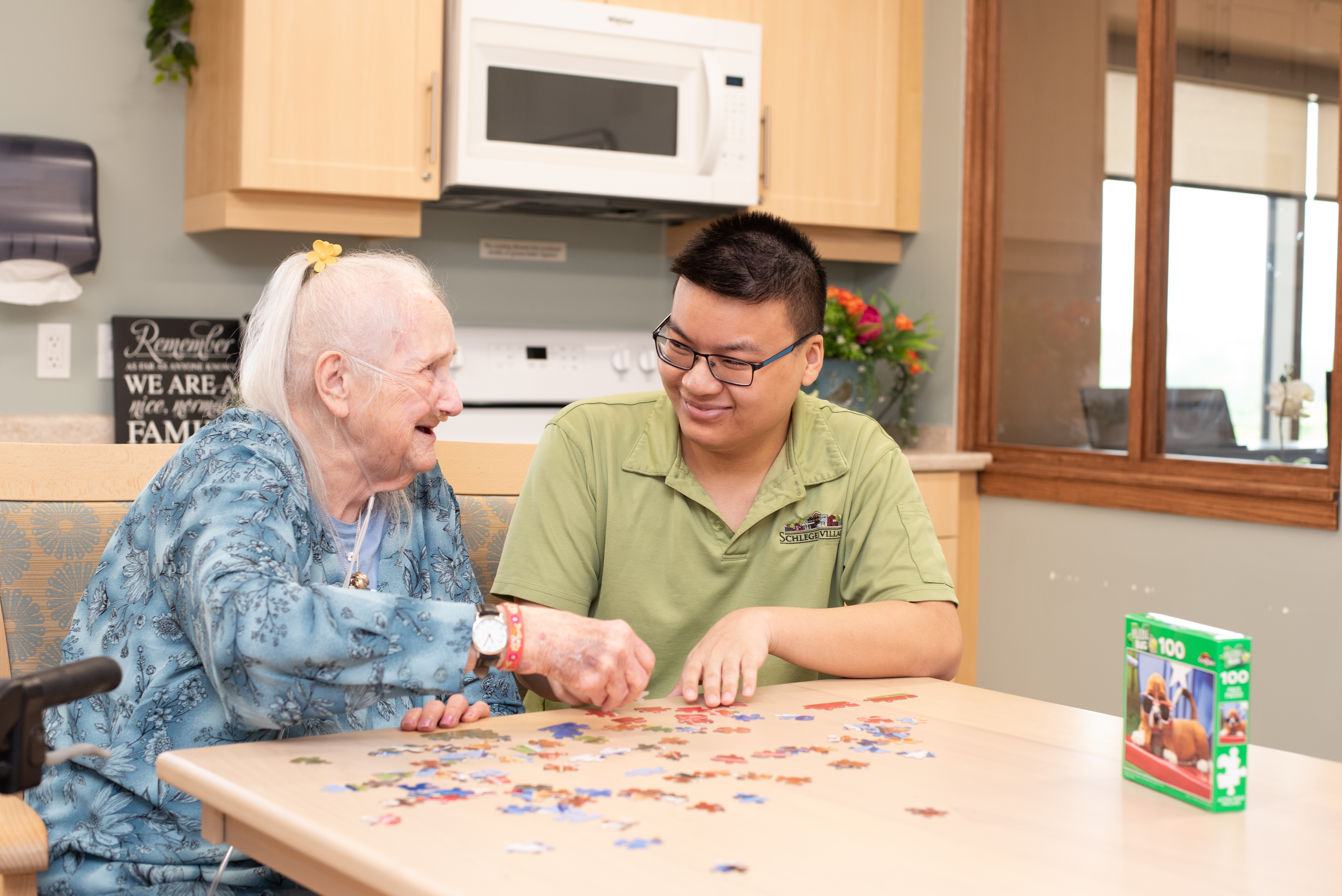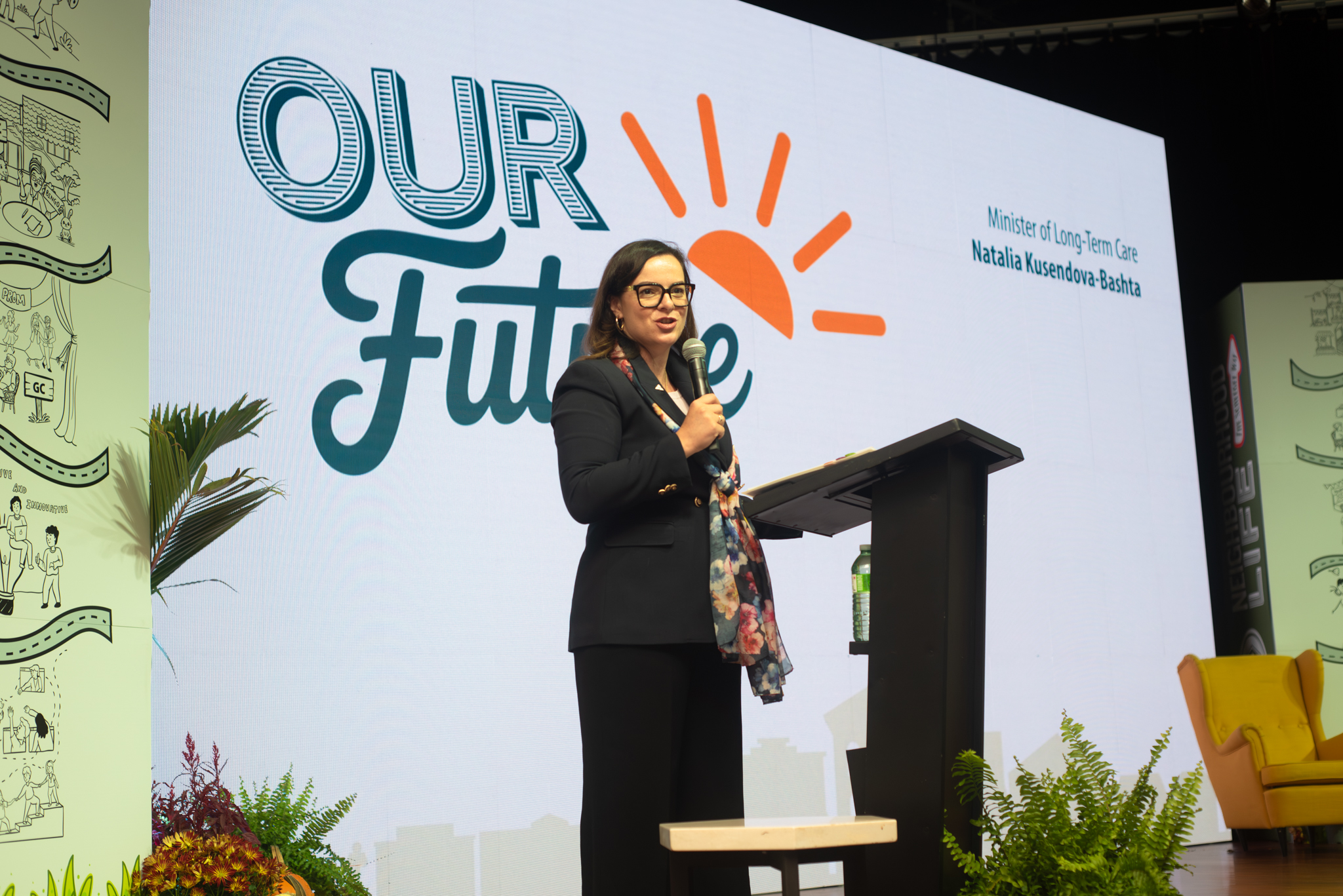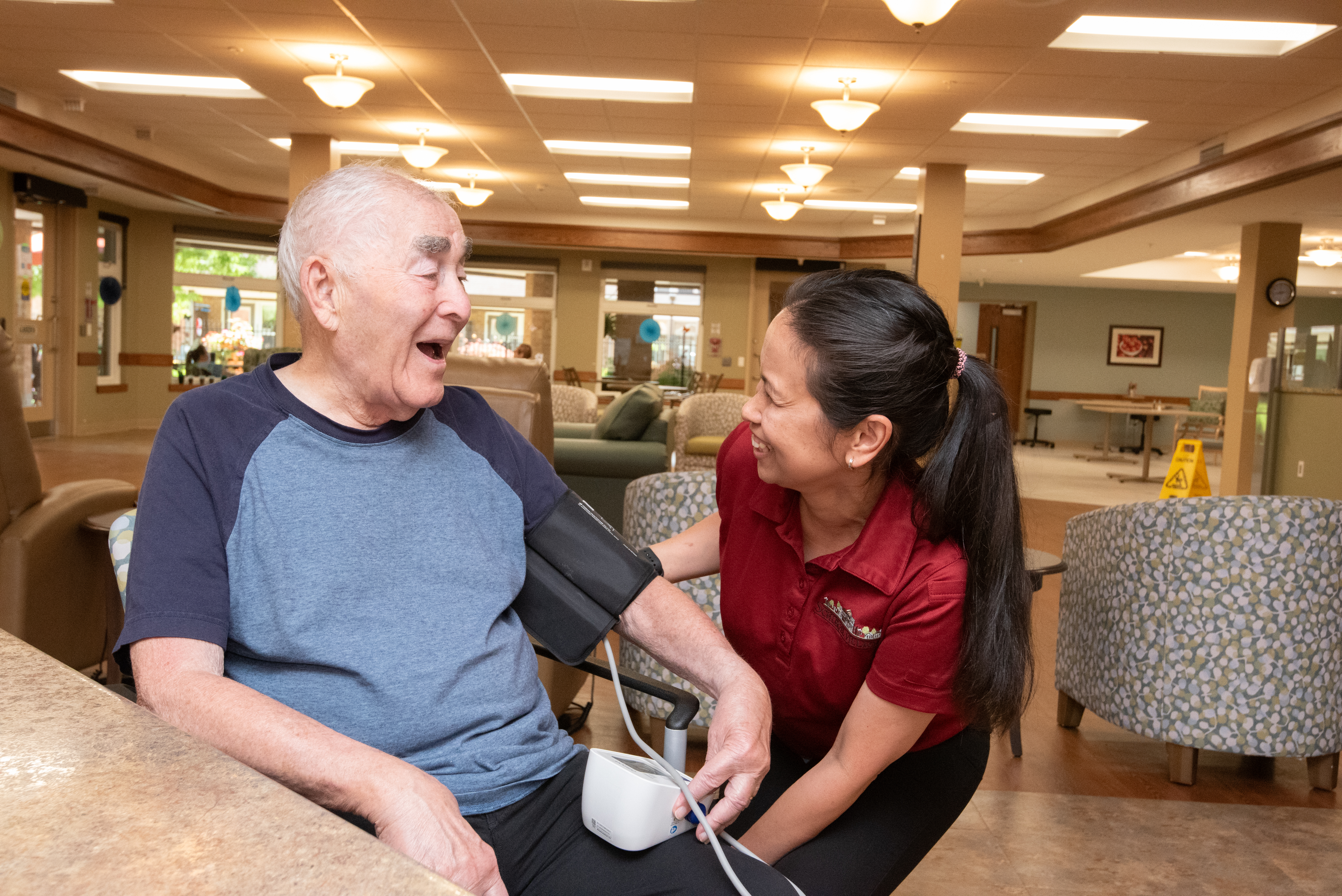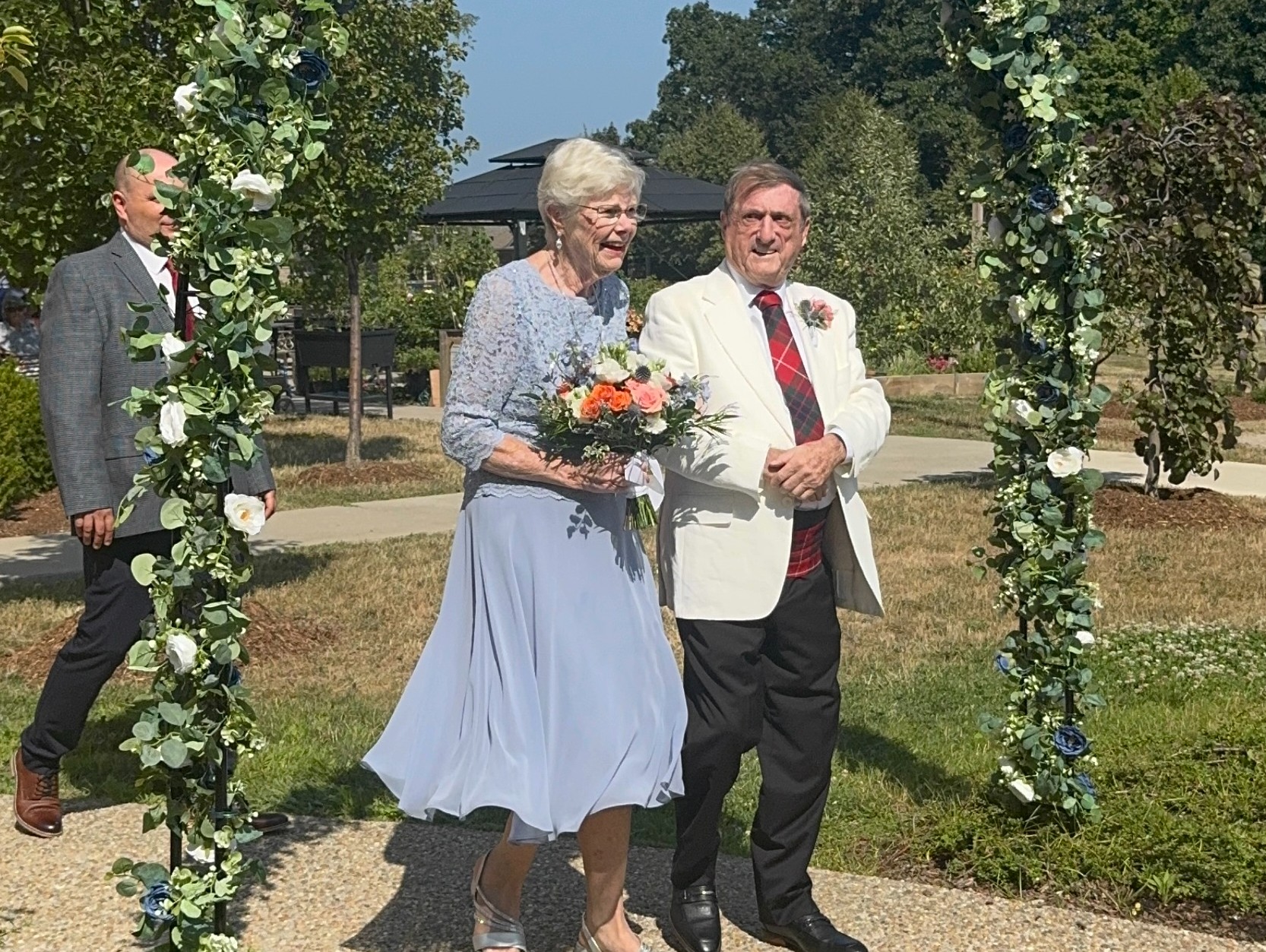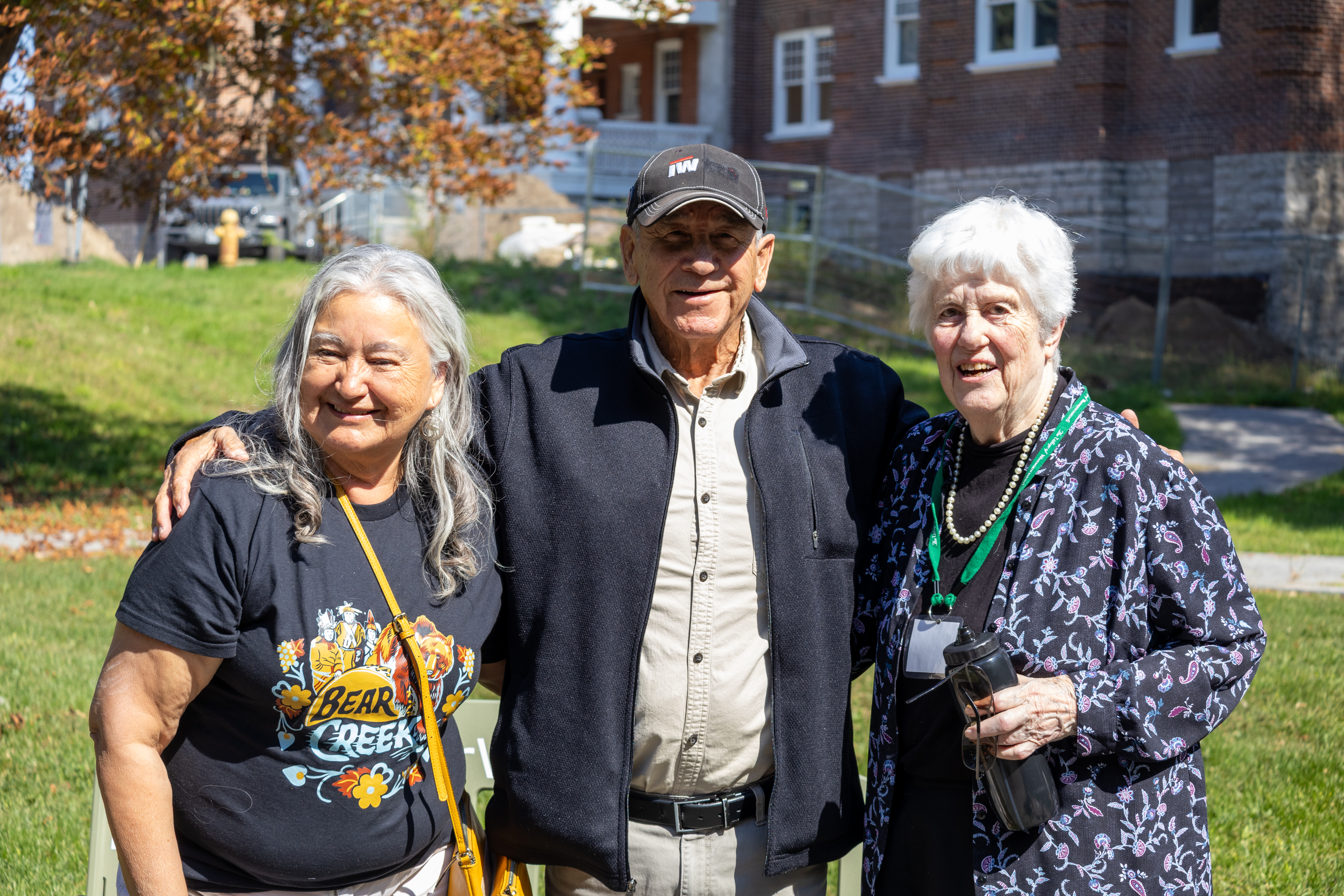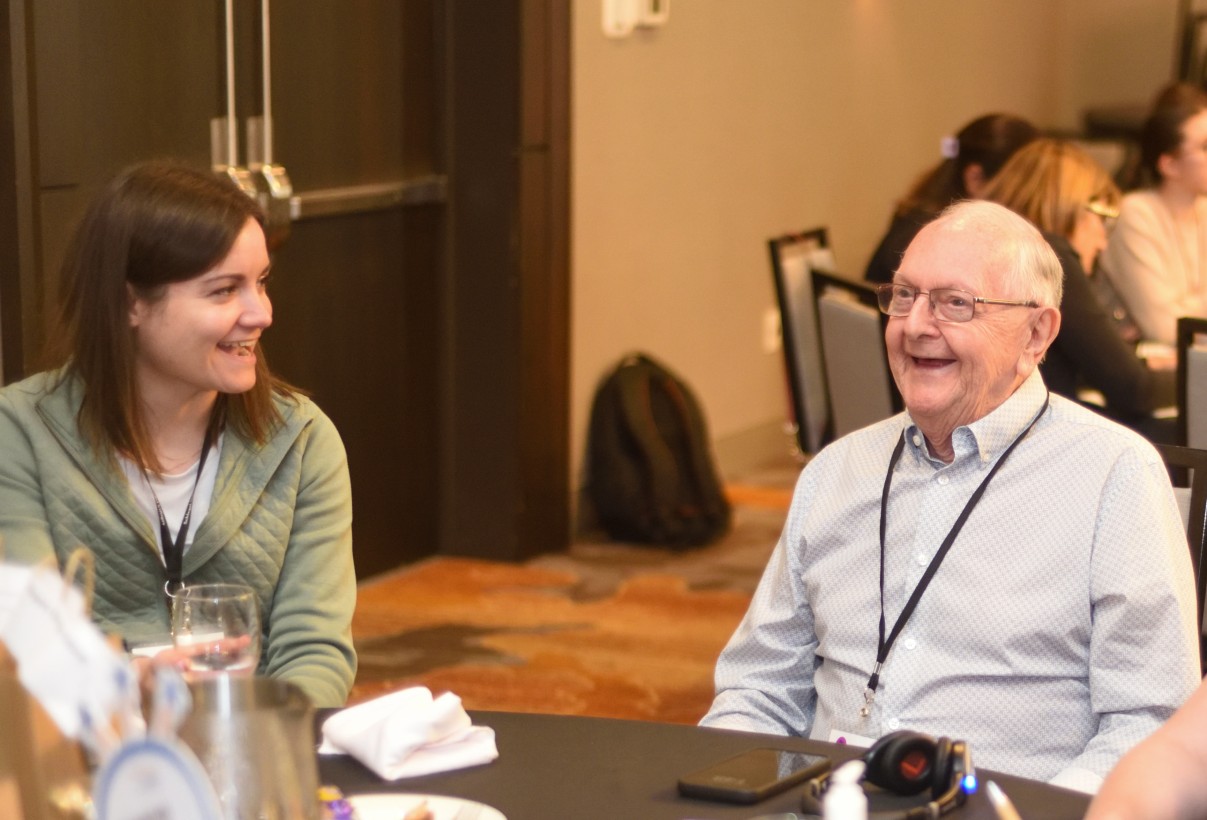At first glance, it might be hard to see how one of the world’s most expansive multinational tech companies compares with a long-term care and retirement organization spread out across southwestern Ontario. Yet as Jordan Sheridan, general manger with Microsoft Canada, speaks before an audience of 300 leaders from Schlegel Villages at the annual leadership retreat this spring, many parallels emerge.

Celebrating the fact that multi-generations define the collective
group of people in each village and honouring that diversity
will help the organization grow stronger into the future.
Perhaps chief among them is the fact that any organization, no matter the service it provides, is destined to fail if it fails to change, according to Jordan. Microsoft realized this quite recently, and for the past five years the organization has been working hard to redefine its culture to meet the needs of current and future customers as well as the demands of a diversifying workforce. It has done so by following a new, audacious mission, “to empower every person and every organization on the planet to achieve more.”
As an organization, Microsoft is filled with an incredibly deep pool of highly intelligent people, yet the culture in the past “had become a culture of heroes,” Jordan says, which was not sustainable. They had to move away from a group of “know-it-alls” working in silos or departments to a team of “learn-it-alls,” that each help to draw out the greatest strengths of their fellow team members.
Schlegel Villages has long understood the value of a strengths-based approach to team development, and as Jordan speaks about his company’s cultural transformation through this lens, the parallels between the organizations become clear. Furthermore, to draw out the greatest strength of the collective he says it’s important to celebrate a diverse team dynamic and be accountable to it.
“It’s that inherent understanding that when you have a team that doesn’t look, talk, think and act the same, you’re more powerful because of the perspectives that everybody brings,” Jordan says. He goes on to explain the changing demographics within the workforce of today, where it’s not uncommon to see five separate generations all working towards a common goal.
Schlegel Villages is in the unique position of adding one or even two more generations into the mix, considering the residents who call a village home, and leveraging the strength of everyone will help define the organization as a global leader in the care and support of its residents.
- Previous
- View All News
- Next
